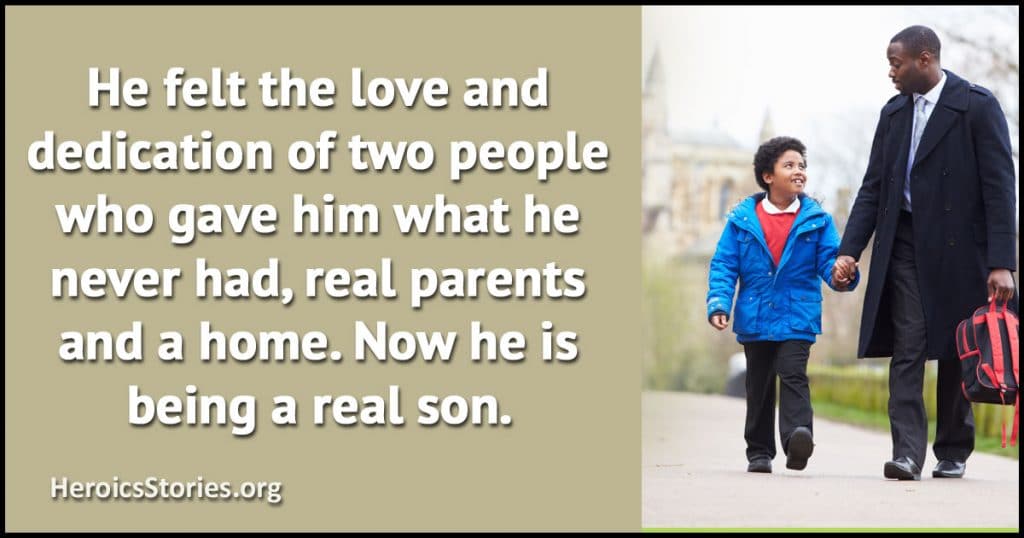by Randal Matheny
Sao Jose dos Campos, Sao Paulo, Brazil

When I first walked through the door in 1979, I had to step around a five-year-old boy with thick glasses and leg braces. “Hi!” he piped, as he stuck out his hand. “What’s your name? Mine’s Shannon.”
I discovered on meeting my future in-laws that Bob and Jean were foster parents, and over the next 15 years more than a hundred children would pass through their home. All had been neglected, abused, or abandoned by their natural parents. They worked with all ages, from newborns to teens. At times, the social worker would beg them to “take just one more” child, since they did wonders with the kids and so few foster homes were available.
Heartbreaks abounded. A pair of twins had been abused; one often amused himself by playing with a knife, and was removed to an institution. For years, Bob and Jean cared for “Shannon”, the boy with glasses and braces. They helped him learn to walk and put him through his exercises. The little tyke knew the name of every truck driver that came by their fruit stand. But eventually the state returned him to his family. Jean saw him a few years later, confined to a wheelchair with a defeated air about him.
The small expense account provided by the state did not cover living costs for the children, so friends and churches would lend a hand. But their house deteriorated by the hard use of often rough and unruly children. Holes were punched in the walls, furniture destroyed, doors ripped from their hinges. Bob and Jean were not well off, and the rough treatment of the house took its toll. Aside from the difficulties, though, seeing children grow into responsible adults brought them satisfaction.
Two brothers, Donald and Dennis, came to Bob and Jean’s home as children and stayed until adulthood. Donald married and settled down a few miles from his foster parents, with a job at a mobile-home assembly plant. After Bob died in 1990 and Jean finally retired from foster parenting, Donald made his move. “We kids destroyed this house. The least I can do is help put it back in shape,” he said.
He took on the task of remodeling her house. Working nights and weekends, he installed a brand new kitchen, with new cabinets, new walls, new flooring. Through contacts at his job, he managed discounts for a new refrigerator, counter-top stove and built-in oven. Thinking the wood heater would complicate Jean’s life in a few years, Donald installed a central heat and air-conditioning unit. The bathroom got a new shower stall and laundry area. Paint spruced up the living room, and new doors perked up the halls.
Not only that, Donald keeps a watch on “Mamma” as well. Every day or so, he either visits or calls to make sure she is well. He felt the love and dedication of two people who gave him what he never had, real parents and a home. Now he is being a real son.
(Editor’s Note: Randal writes the “Affirmatives” column for the online newspaper The Morrock News Digest: http://morrock.com/affirm.htm)
Available in The Best of HeroicStories, Volume 2.
Podcast: Play in new window | Download (Duration: 4:22 — 3.3MB)


This really touched my heart. I got my head turned around about all foster homes. Apparently, I was wrong in my thinking that there aren’t any good ones, which I’m really thankful for.